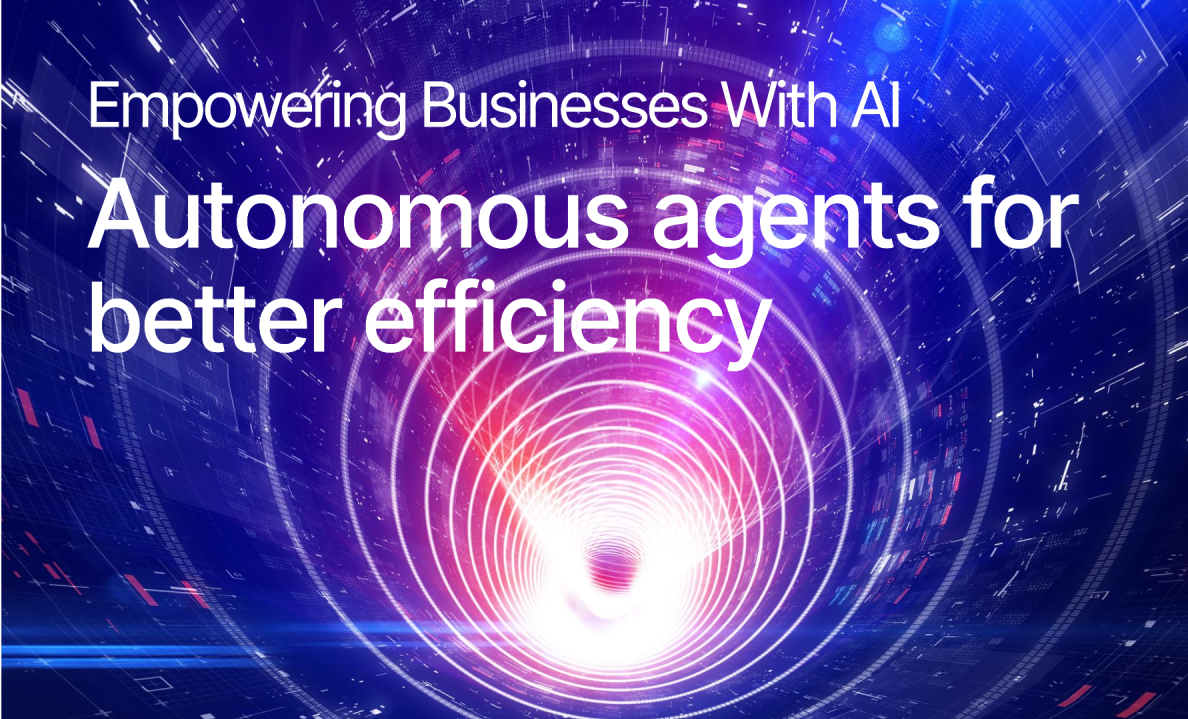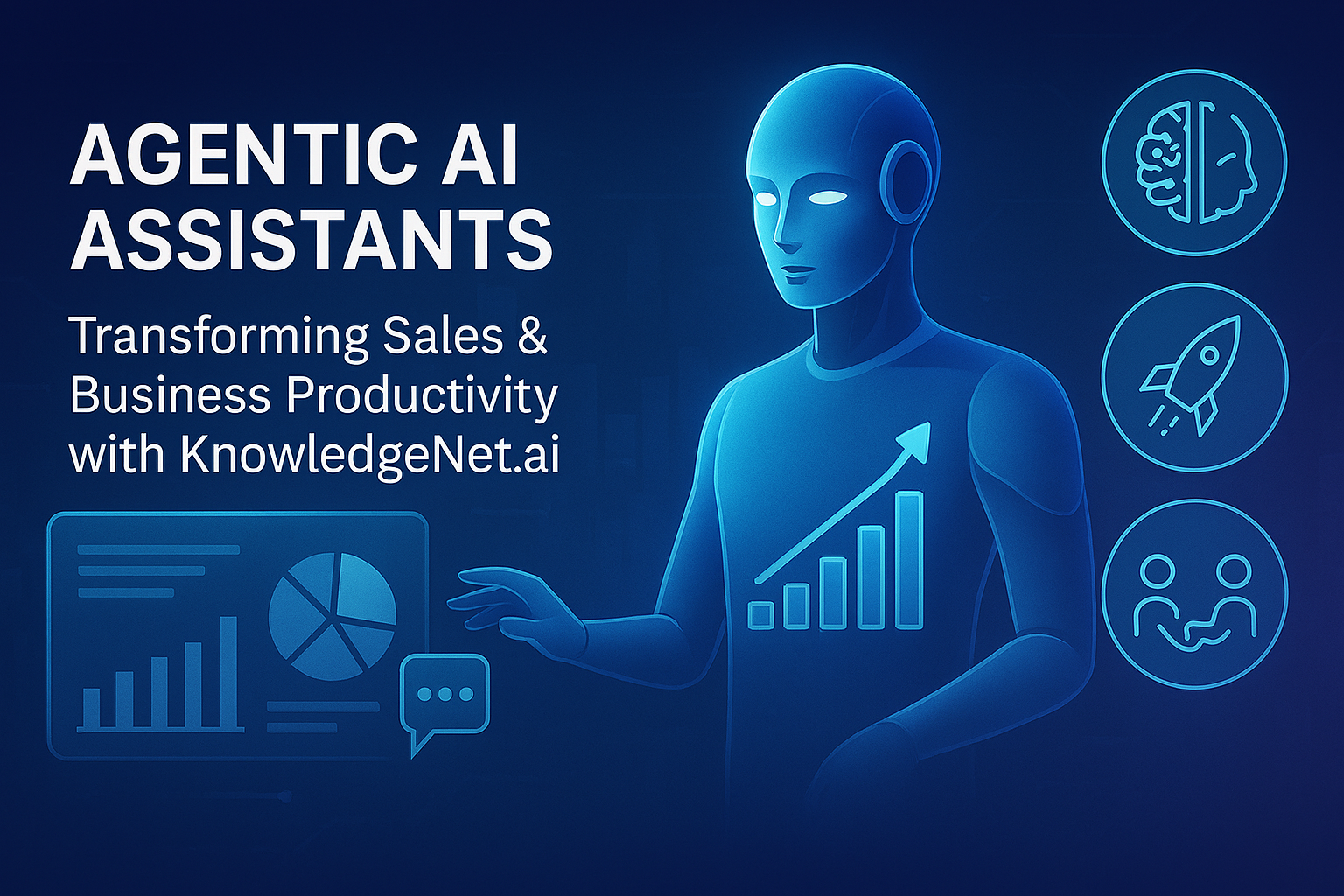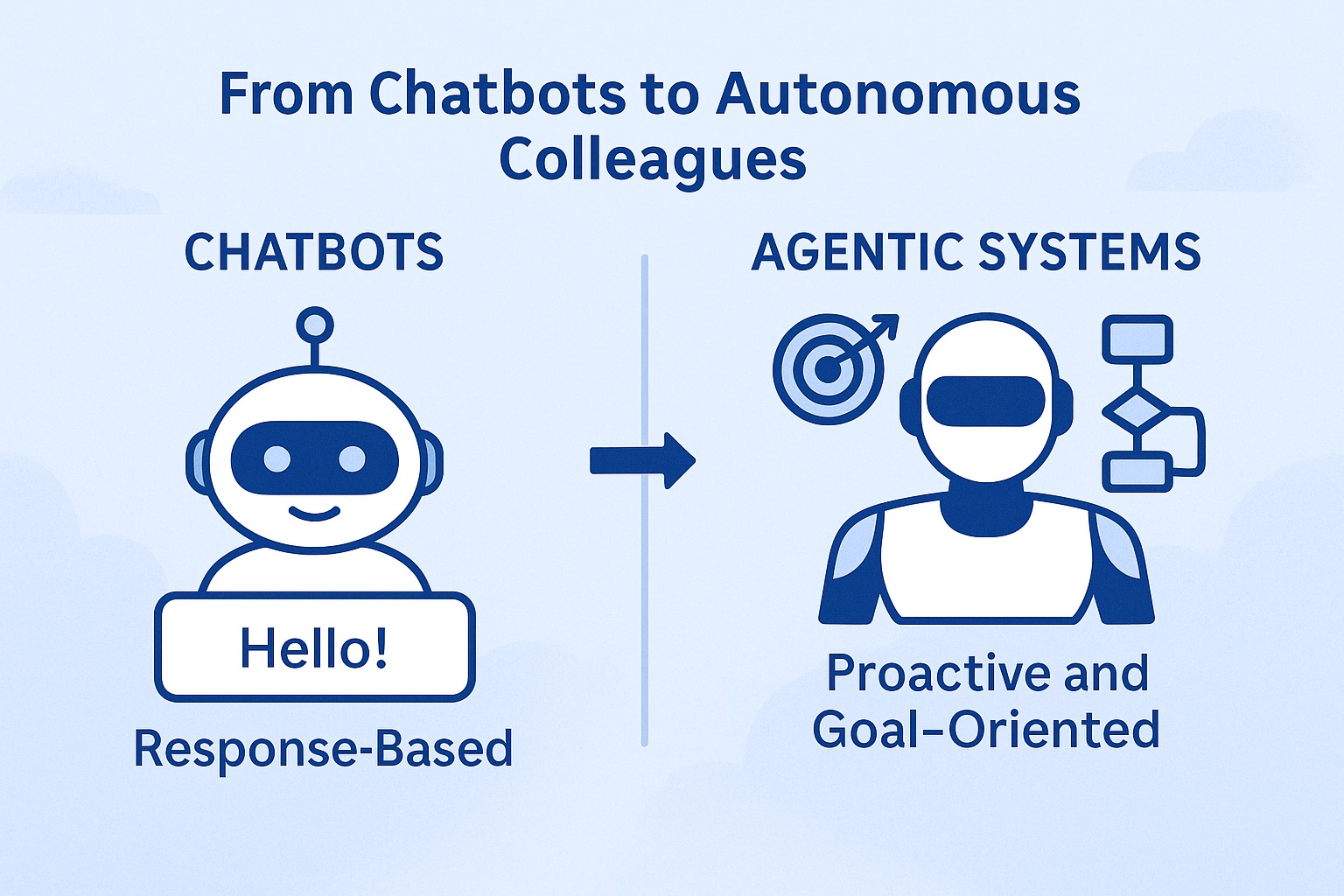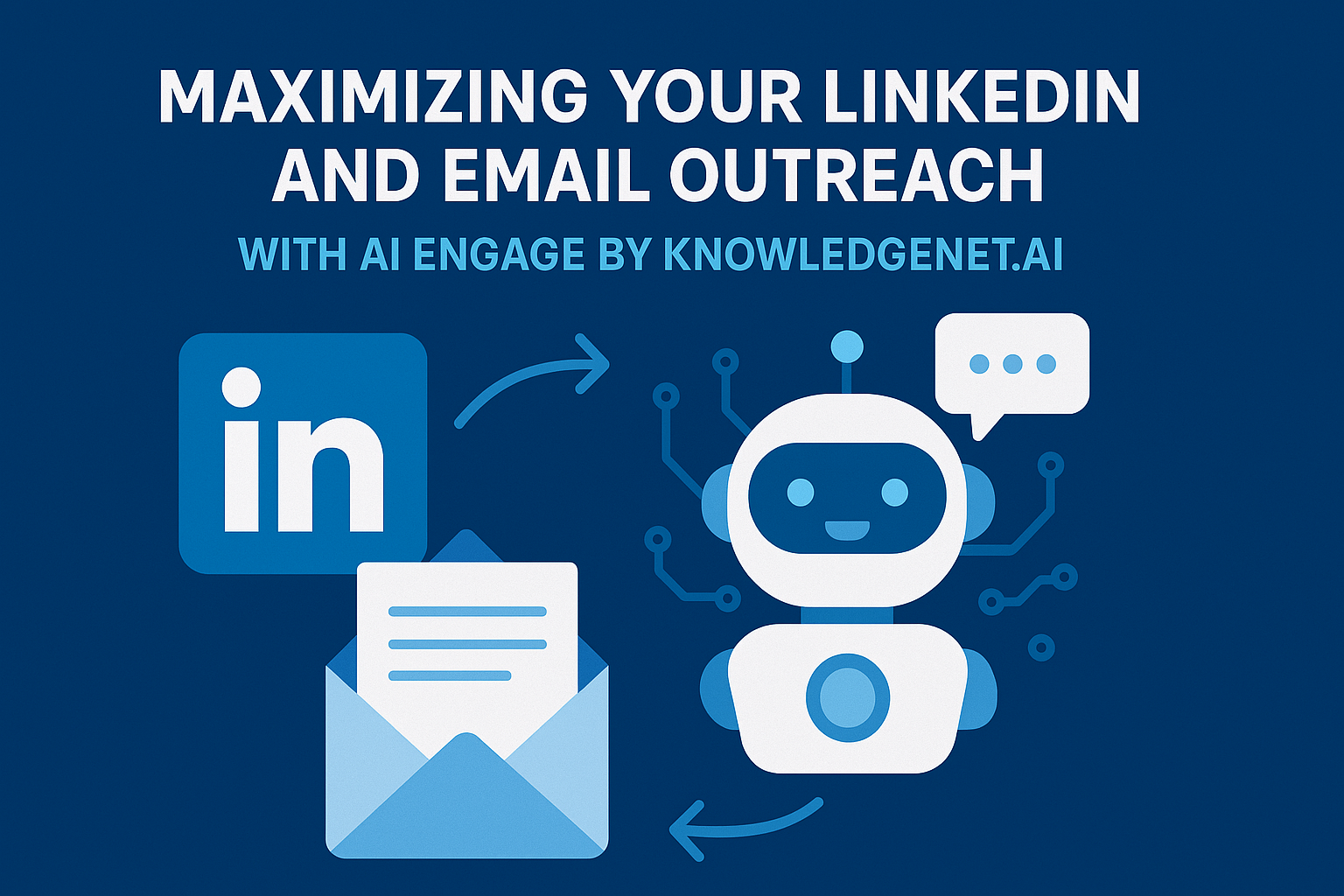Empowering Business with Autonomous AI Agents
Generative AI has officially entered its next phase, fueled by advanced AI agents that can not only engage in meaningful conversation but also execute complex tasks. These autonomous systems are built to take action, either in support of or on behalf of humans, by utilizing external tools and accessing real-time data beyond their training.
At KnowledgeNet, we see two critical forms of autonomous AI emerging: AI assistants and AI agents. While they serve different purposes, both share key characteristics. First, they possess agency—the ability to act autonomously to achieve specific objectives. Second, they continually learn and evolve, though in distinct ways. AI assistants are personalized, evolving to meet the unique needs of an individual user.
In contrast, AI agents are designed to support entire teams or organizations. They learn from shared processes, best practices, and collaborative workflows, making them scalable across large groups. In essence, AI assistants focus on personal interaction, while AI agents are built for collective, scalable impact. Both bring remarkable opportunities for transforming the way enterprises operate.
The Power of Learning Over Time
A core feature of autonomous AI is the ability to learn and improve through repeated interactions. However, the learning pathways of AI assistants and AI agents differ in focus. AI assistants are tailored to their specific user, learning personal habits, preferences, and work styles to optimize daily interactions. Given the sensitive nature of this data, maintaining trust with robust privacy and security measures is crucial.
AI agents, on the other hand, gather and share insights across an organization. As they gain experience, they disseminate knowledge about tools, workflows, and team dynamics to others, allowing entire groups of AI agents to benefit from each individual agent’s learning. This collective knowledge can exponentially enhance the performance of the entire AI network within a company.
Additionally, both AI assistants and agents will utilize external sources, such as retrieval-augmented generation (RAG), to keep up with the latest updates in enterprise systems. They will adapt to new applications, features, or policies, ensuring they remain effective in dynamic environments.
Real-World Impact of AI Agents
AI agents and assistants are already revolutionizing various business functions, from sales and customer service to IT support. Consider a sales professional managing a busy month filled with meetings.
Tracking CRM data manually can become overwhelming. However, with an AI assistant, the salesperson can automatically track key details, manage information, and get answers in real-time—allowing them to focus on relationship-building rather than administrative tasks.

Imagine this scenario: your AI assistant joins every meeting, continually learning your preferences and needs, all while ensuring privacy. When tasks like retrieving data or summarizing notes are required, the assistant can delegate them to an AI agent, automating routine tasks and streamlining workflows.
While human intervention will always be essential for complex issues, AI agents can efficiently manage routine tasks, significantly reducing customer wait times and improving service quality.
The Challenges Ahead
While the future of autonomous AI is promising, it’s not without its challenges—technical, societal, and ethical hurdles must be addressed. One technical challenge lies in developing persistent memory for AI systems. AI assistants need to understand long-term goals and daily habits, but this requires overcoming current limitations in storage, latency, and processing power. Just as humans naturally filter and organize information, AI systems will need to develop similar mechanisms to balance real-time learning without overloading memory.
Ensuring trust in AI-generated outputs is another challenge. Although generative AI is powerful, it still faces issues like hallucination (generating incorrect or misleading information). Autonomous AI will need to leverage techniques like confidence scoring and RAG to ground its responses in reliable data and ensure accuracy.
Ethical considerations will also evolve as autonomous AI systems become more integrated into business processes. New protocols will be needed to guide decision-making, interactions between agents, and collaboration with human users. Transparency, accountability, and consensus-building will be essential as AI agents take on more significant roles in organizations.
Conclusion
At KnowledgeNet, we are driven by a bold vision of an AI-powered future. While there is still much work to be done—both technically and ethically—the benefits are already visible, and we are just beginning to see the transformational impact autonomous AI can have on enterprises. The future is full of possibilities, and we are committed to ensuring AI’s impact is positive, equitable, and transformative for all.




